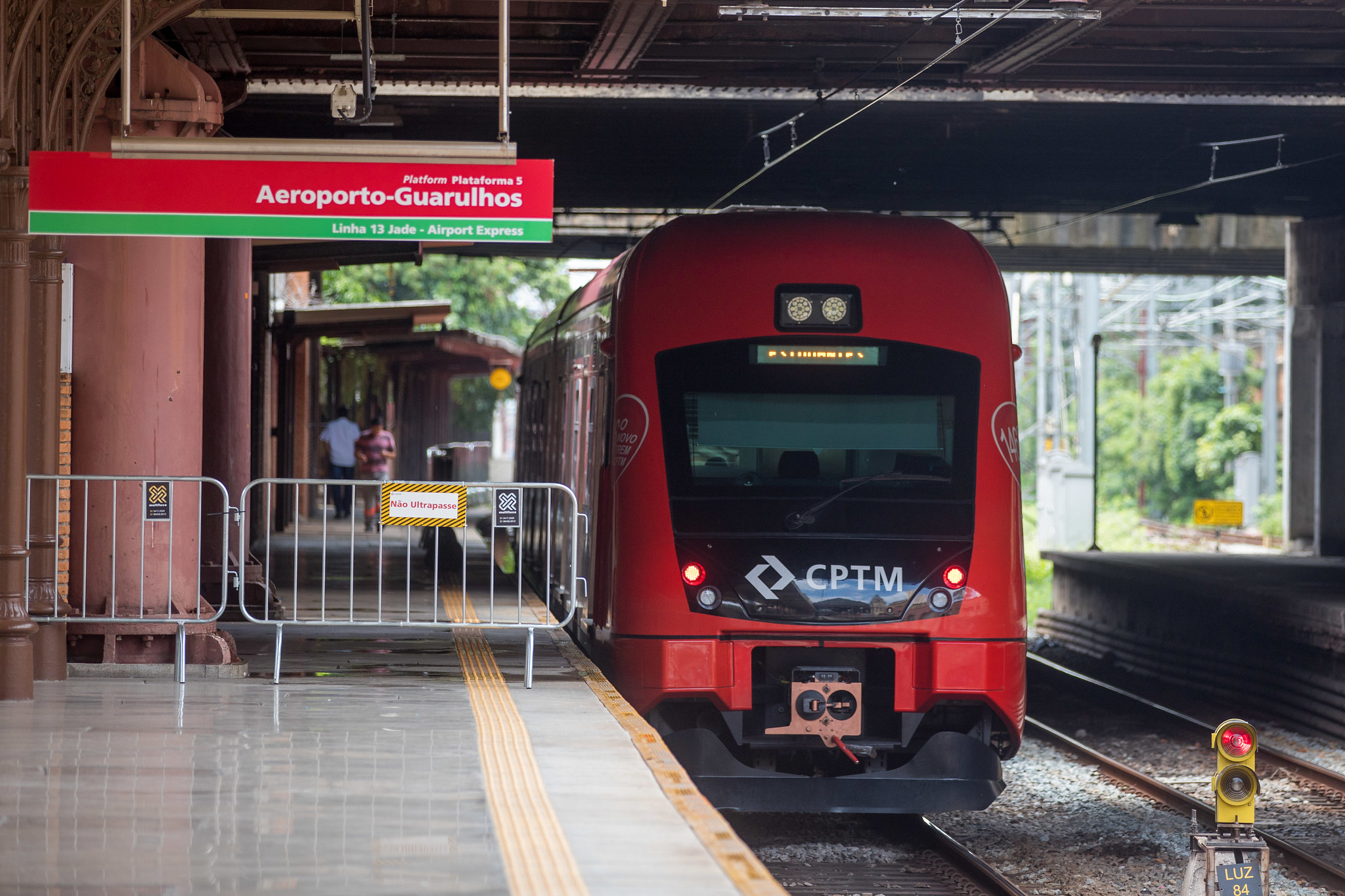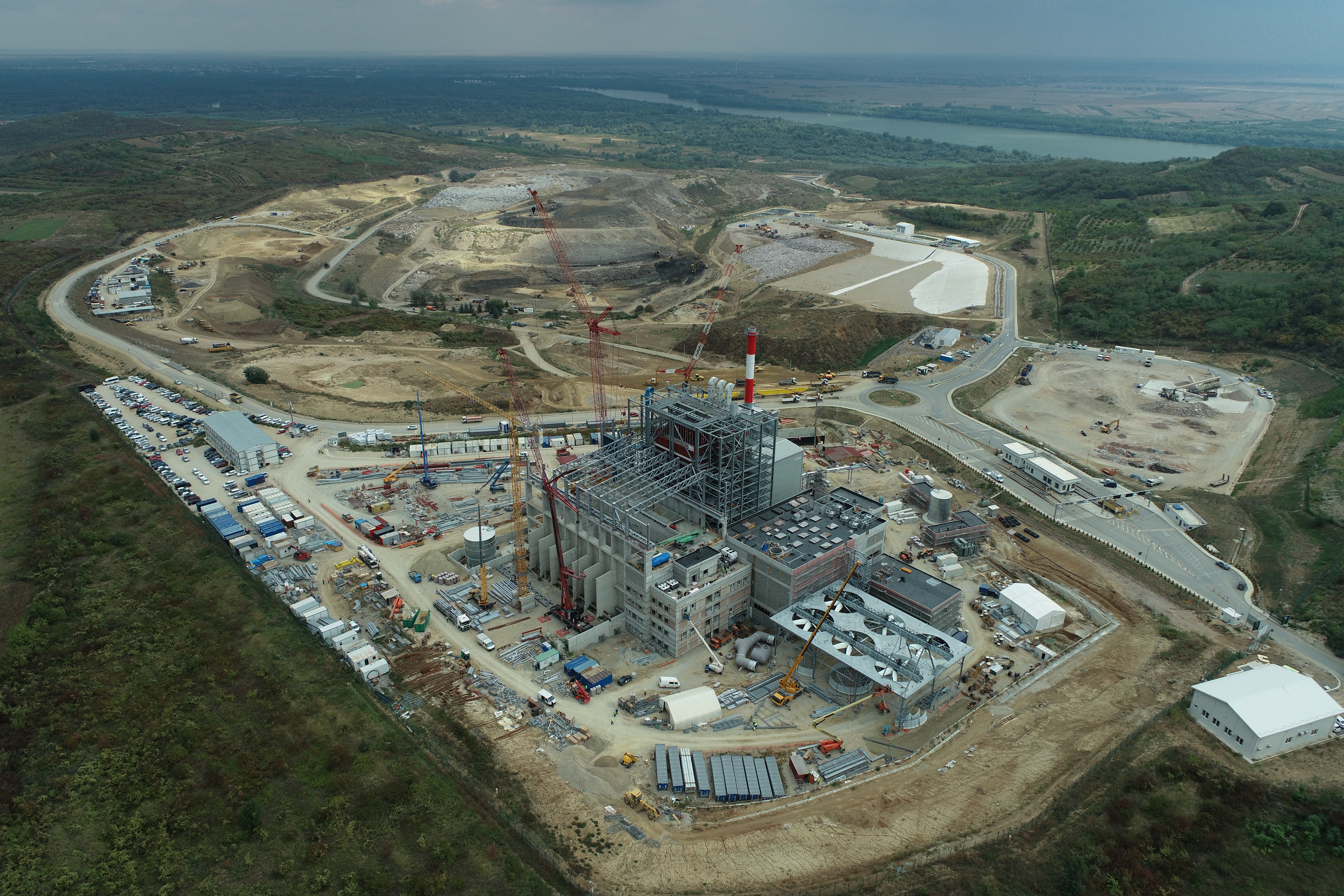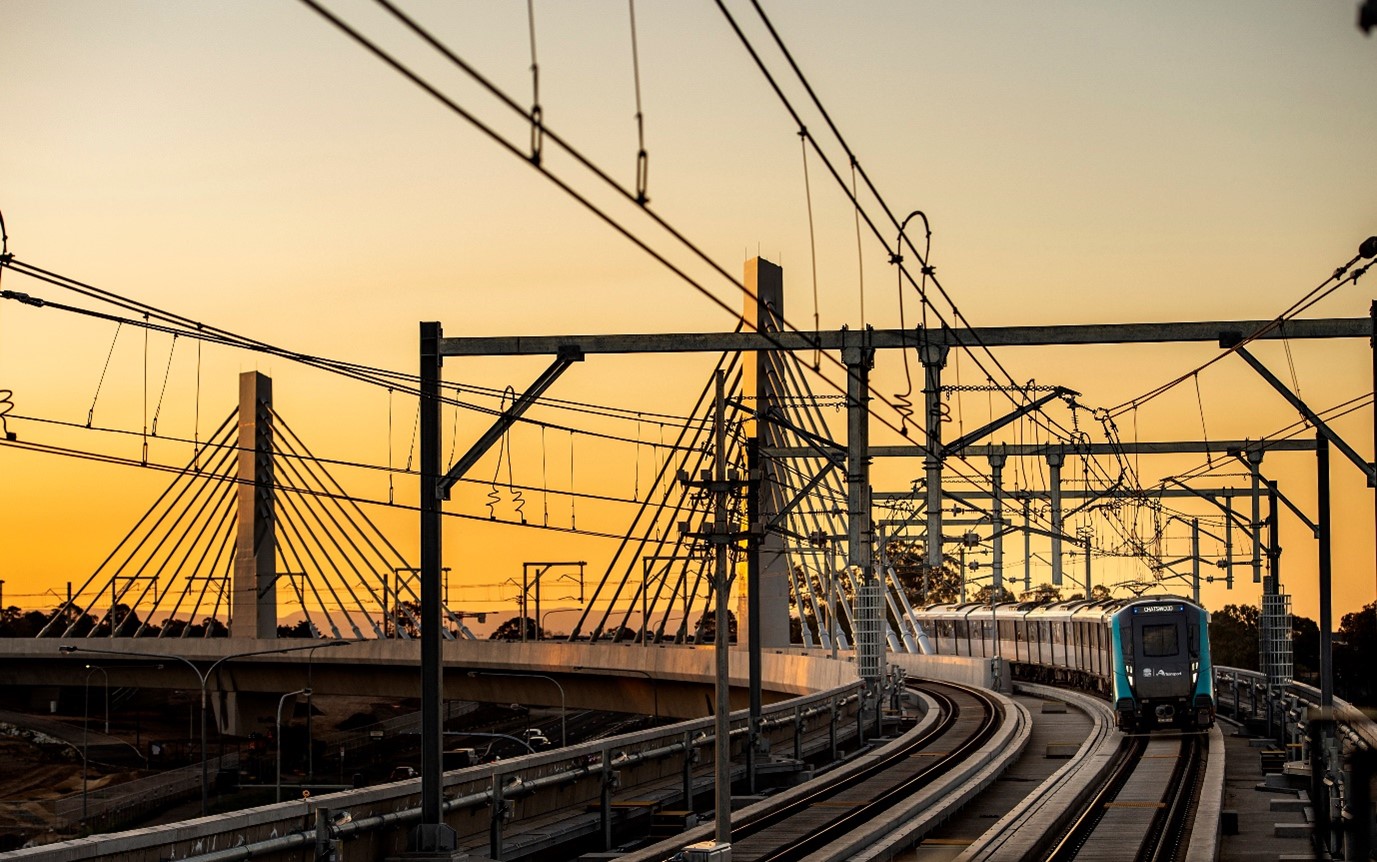1314 results found
Featured results



More results

Infrastructure Monitor identifies and analyses global trends in private investment in infrastructure to inform future investment and policy.



Infrastructure Monitor identifies and analyses global trends in private investment in infrastructure to inform future investment and policy.



A tool for infrastructure policy making, this interactive tool helps to assess and compare infrastructure investment enabling environment across 81 countries



Guide for governments to manage infrastructure public-private partnership (PPP), concession and P3 contracts, backed by data and case studies from around the world and including guidance on renegotiation, performance management, disputes and insolvency.



The GI Hub is tracking the amount of infrastructure as a stimulus announced by G20 governments and presenting analyses and data insights to help advance transformative outcomes from infrastructure in the post-COVID-19 recovery.


The Africa Infrastructure Fellowship Program is a program to upskill African public servants through an academic and practical training program in PPPs, tailored to the needs of their countries.

Cities are at the forefront of the pandemic crisis and are key players in the fight to achieve net-zero emissions targets. The recovery choices they make today will set urban agendas for years to come.
Cities are at the forefront of the pandemic crisis and are key players in the fight to achieve net-zero emissions targets, but they lack funding for essential services and infrastructure. Examples from recent projects demonstrate ways to increase support from private investors.

The Innovative Funding and Financing (IF&F) tool aims to help governments structure bankable projects that attract private investment, highlighting specific solutions for structuring projects to optimise private infrastructure investment.



The New South Wales (NSW) Government sought to upgrade a 155 km section of the Pacific Highway between Woolgoolga and Ballina. It adopted a d elivery partner model that repackaged the works and tender packages on a trade or activity basis, for a logical sequencing of works across the entire project.


The G20 Finance Ministers and Central Bank Governors (FMCBG) gathered for their fourth official meeting under the Italian G20 Presidency on 13 October 2021. Today, the results of the discussion were shared in the official Communiqué of the meeting and the Fourth Progress Report on the G20 Action Plan.
A new GI Hub initiative, launching in November 2021, tracks the amount of infrastructure as a stimulus announced by G20 governments and presents data insights that will help governments, investors, multilateral development banks, and project directors achieve transformative outcomes from infrastructure in the post-COVID-19 recovery.
Pre-COVID-19, two Sao Paulo metro lines carried 1 million passengers daily. A demand sharing mechanism encouraged private sector investment in the concession contract.
Coastline traffic in the State of São Paulo, Brazil, has overwhelmed road capacity. Three highway concession contracts were introduced, using a demand risk sharing mechanism and dynamic user fee model to attract private sector participation.
Watch the GI Hub and International Finance Corporation (IFC) webinar ‘Green recovery for cities: What role can the private sector play’, the second in the series 'New Deals: Funding solutions for the future of infrastructure'. The discussion explored green recovery solutions and highlighted lessons learnt from two projects.
Join the GI Hub and IFC for Session 3 in the webinar series 'New Deals: Funding solutions for the future of infrastructure'. This session will include an expert panel discussion of innovations for de-risking greenfield investment.
The Belgrade Waste-to-Energy project is cleaning up one of Europe’s largest uncontrolled landfills and constructing a new, sustainable waste-management complex. It is one of the first large-scale, bankable, private sector waste-to-energy projects in emerging markets. Using a competitive dialogue with five pre-qualified bidders, the City of Belgrade - with the support of IFC acting as a PPP advisor - could offer a bankable DBFO contract bundling the remediation of the landfill (including the management of legacy pollution) with the development of revenue-generating greenfield assets.
Despite abundant surface freshwater, only 84% of Brazil’s people have access to potable water, and only 50% have access to sewerage. Insufficient public funds and limited use of private capital have resulted in limited progress in improving access to water and sanitation. The Corsan Water Supply, Efficiency, and Resilience Project is leveraging private financing to address losses in water distribution and mitigate climate change risks.
How can we drive infrastructure delivery reforms? Join GI Hub and Jacobs on 26 October for the launch webinar of our newest initiative, Improving Delivery Models.
A green bond issuance by Continuum Wind Energy contributed to the continued growth of India's renewable energy sector.
The recording is now available for the GI Hub and Italian G20 Presidency’s InfraChallenge 2021 Final which was held over two-days on 15 and 16 September 2021




 Innovative Funding and Financing
Innovative Funding and Financing











